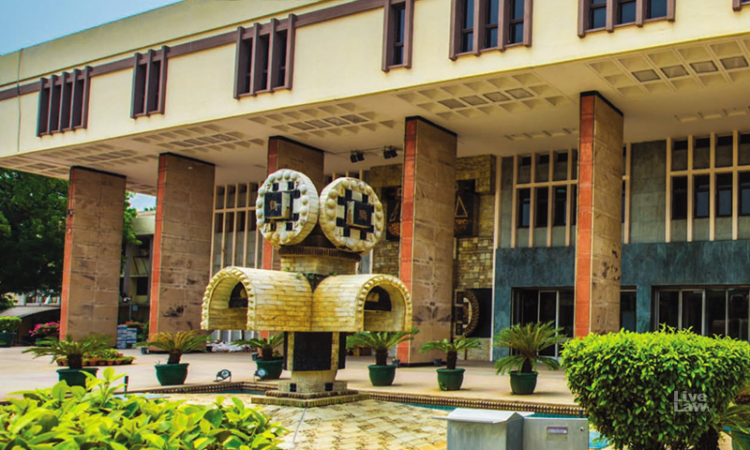The Delhi High Court has held that speedy trial form an intrinsic part of Article 21 of the Constitution and the denial of same may be a ground for bail in certain circumstances. The single judge bench comprising Justice Jasmeet Singh noted that denial of bail without any possibility of the trial concluding anytime soon would cause an infringement of the accused person's right guaranteed...

